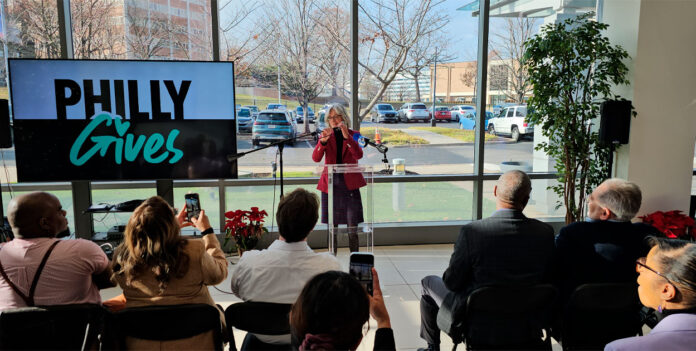
Volunteering has played a crucial role in the social history of the United States. Each year, millions of students, homemakers, retired and active professionals, entrepreneurs, public figures and even celebrities get involved in countless volunteer initiatives aimed at serving the most vulnerable populations or marginalized minorities. These include individuals with disabilities, those struggling with addiction, the ill, orphans, the elderly, migrants and inmates.
Although the number of people engaging in formal volunteering has declined over the past few decades, participation in informal volunteering remains strong. This demonstrates that the spirit of solidarity and the drive to help those in greater need remain alive and well, especially among young people.
According to data from the U.S. Census Bureau, between September 2020 and late 2021—during the second wave of the COVID-19 pandemic—about 51% of the population over 16 years old participated in some form of volunteer service or work. Of these, nearly half—approximately 60.7 million people—volunteered formally, meaning through established non-governmental organizations (NGOs). The other half engaged in informal volunteering, such as individual initiatives, group efforts, or community-based solidarity projects.
Philadelphia has been no exception. The same report indicates that locally, 32.9% of residents participated in formal volunteer activities, contributing more than 78 million hours of service. This time is valued at approximately $2.5 billion. Additionally, 64.9% of residents helped informally by exchanging favors with neighbors; 29.1% were members of an organization; and 60.1% donated $25 or more to charitable initiatives.
The benefits of volunteering are many. For some, it has been a way to discover and develop skills they never knew they had; for others, it has expanded their network of contacts or boosted their self-esteem. Volunteering also provides an opportunity to learn about and engage with community issues that were previously unknown or overlooked. Many participants report improved physical health from engaging in outdoor activities, and most note overall improvements in mental health or spiritual and emotional well-being.
An exemplary demonstration of social involvement comes from Dr. Janet Haas, chair emerita of the William Penn Foundation, who recently convened the Philadelphia Foundation and the Lenfest Institute for Journalism to create «Philly-Gives.» This fund aims to financially support nonprofit organizations working on the frontlines to serve vulnerable populations.
This initiative has garnered the support of regional media outlets such as The Inquirer, The Tribune, 6abc and Impacto, helping to raise awareness and drive participation in this noble cause.
The organizations receiving the first round of financial support include ACLAMO, the Ann Silverman Community Clinic, Hopeworks, YMWIC, GALAEI, the Chester Domestic Violence Center, VietLead, Why Not Prosper, and YEAHPhilly. All these initiatives were created and are run by generous individuals who have dedicated much of their lives to building them. However, their operations rely heavily on the generosity of volunteers and the donations they receive from government funds, private initiatives, and charitable individuals.
In the wake of the polarization and social divisions left by the political campaigns, perhaps the best way to rekindle solidarity and civic awareness is by promoting philanthropy and the spirit of volunteering. Through volunteering, one can discover the immense satisfaction that comes from giving.

























